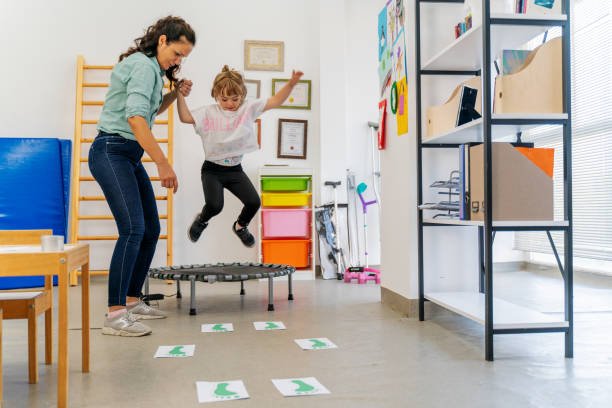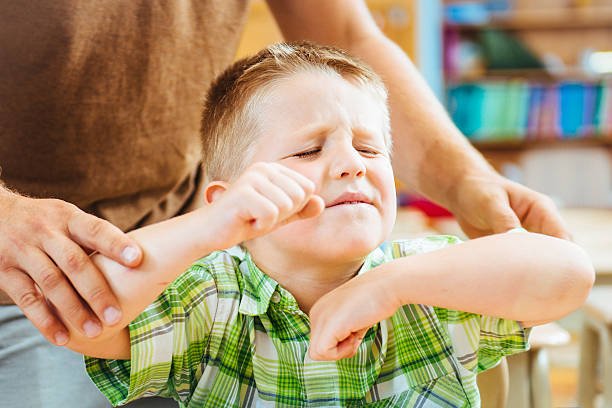
Come on, Kid! 13 Ways to Boost Resilience in Adolescence
Modern children are different from those in the past. They often suffer from many mental illnesses day and night, such as attention deficit and hyperkinetic disorders (ADHD), anxiety, depression or behavioral disorders. As the saying goes, prevention is better than cure. Therefore, the most important thing is how to improve the mental health of children and adolescents. Therefore, increasing children’s resilience is helpful for their mental health.
What is resilience?
Resilience is a person’s ability to face circumstances and overcome adversity. When faced with hardship, resilient people are able to get back up again, face change, adapt to new circumstances, and continue to move forward. Many factors will affect a child’s resilience, including internal factors such as self-esteem and self-awareness of one’s own strengths and weaknesses, and external factors such as family, friends, and education.
How to develop resilience in children?
Family and community support can increase children’s resilience. Facts have proven that immediate positive relationships between children and adults, correct self-concept and self-control can indeed improve mental health and make children and adolescents more capable of facing adversity. Here are 4 characteristics of resilient children:
- Be highly aware.
- A positive attitude and full of expectations.
- Understand your own strengths and achievements.
- Have a sense of humor.

13 Ways to Help Your Kids Build Resilience
- Encourage children to participate in family and community activities. This behavior can enhance children’s sense of responsibility and belonging.
- Establish rules and stick to them no matter what, because rules make children more disciplined and better able to overcome adversity.
- Cultivate children’s soft skills, especially problem-solving methods.
- Teach children empathy, caring and optimism.
- Give children opportunities to learn social skills and build relationships.
- Develop good health habits such as exercise, eating well and getting enough sleep.
- Setting appropriate goals can help children believe in their abilities and potential.
- Don’t hesitate to praise your children when they achieve something.
- Teach your children to change the world by helping others.
- Let your children know that adults are always there when needed.
- Help children learn from their mistakes and overcome feelings of loss.
- Encourage your child to get involved in after-school activities, such as sports clubs, guitar clubs or book clubs.
- Moderately participate in children’s learning, such as keeping in touch with teachers and understanding their children’s school situation.













